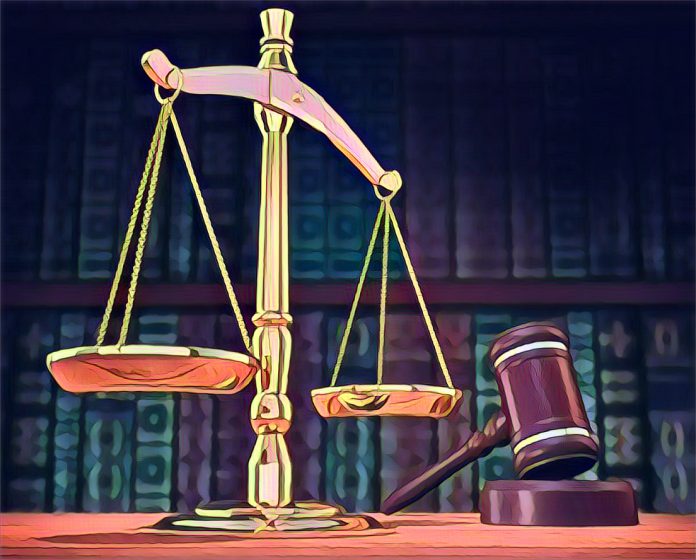The Economic Community of West African States (ECOWAS) Court of Justice faces a significant challenge in enforcing its judgments across member states. A recent report revealed a backlog of 150 outstanding rulings, with Nigeria leading the pack at 43.
According to the data obtained in January 2024, only 34 out of 184 judgments have been implemented. This indicates a widespread disregard for the court’s authority by member states.
Prevalent Disregard for Court Orders
According to the record, as of January 31, 2024, Nigeria topped the list with the highest number of unenforced judgments at 43, followed by the Republic of Togo with 23, and Guinea ranking third with 14.
Others are Mali with 11; the Republic of Niger has nine; Senegal, eight; Sierra Leone, seven; and Cote D’Ivoire with six.
The Gambia has yet to enforce five; Benin Republic, Liberia, and Burkina Faso have four unenforced judgments each. Ghana has three, while Cabo Verde and Guinea Bissau have one each.
On the list of decisions enforced as of January 31, 2024, a total of 34 judgments had been implemented.
Among the 34, Nigeria has enforced eight judgments, including one related to a 2009 shooting of peaceful protesters, the high number of outstanding rulings raises concerns about the country’s commitment to upholding human rights and the rule of law.
Calls for Reform and Addressing Member State Concerns
The Attorney General of Nigeria, Lateef Fagbemi, urged the court to consider the “peculiarities” of member states and avoid issuing impractical rulings. However, human rights lawyer Femi Falana challenged this notion, highlighting the disregard for court orders across the region.
Falana linked the recent coups in some West African countries to a wider trend of disrespect for judicial authority. He emphasized the need for African governments to move towards a genuine commitment to the rule of law.
In a promising development, the President of the ECOWAS Judicial Council, Justice Olukayode Ariwoola, announced the formation of two committees. These committees will address the issue of non-compliance and explore potential solutions for enforcing the court’s judgments.
A Path Towards a More Just Future
The ECOWAS Court’s struggle to enforce its rulings highlights the ongoing challenges to establishing a strong regional legal framework. Addressing these issues is crucial for fostering a culture of respect for the rule of law and ensuring the protection of human rights across West Africa.
This collaborative effort between the court and member states offers a glimmer of hope for achieving a more just and equitable future in the region.
Source: Punch



